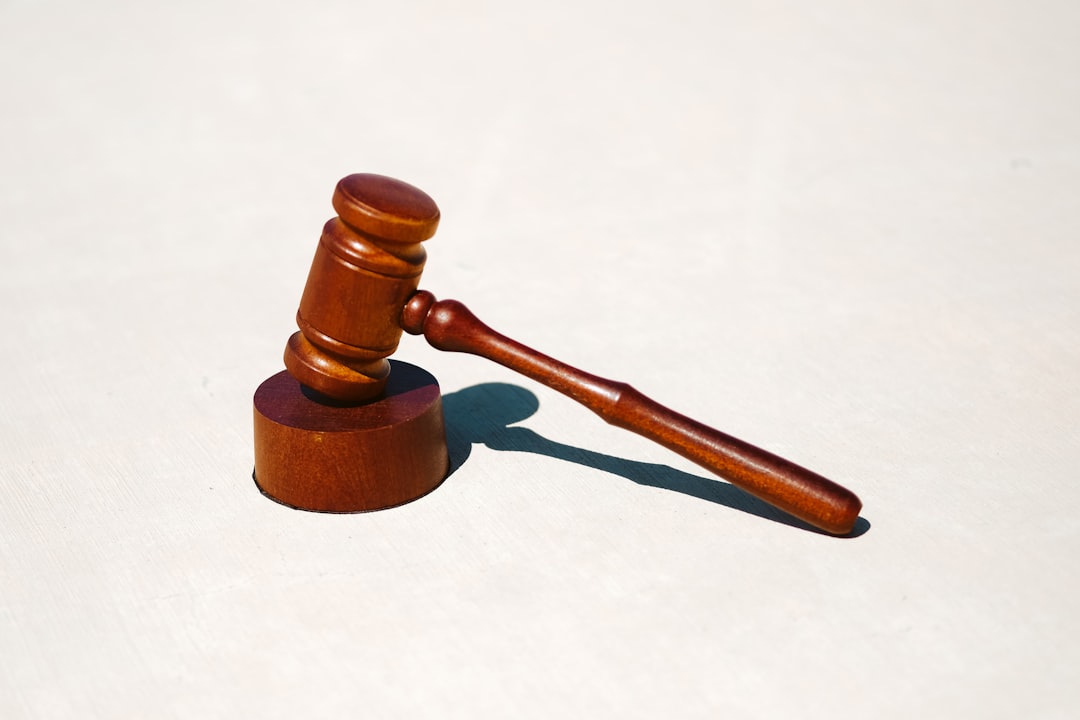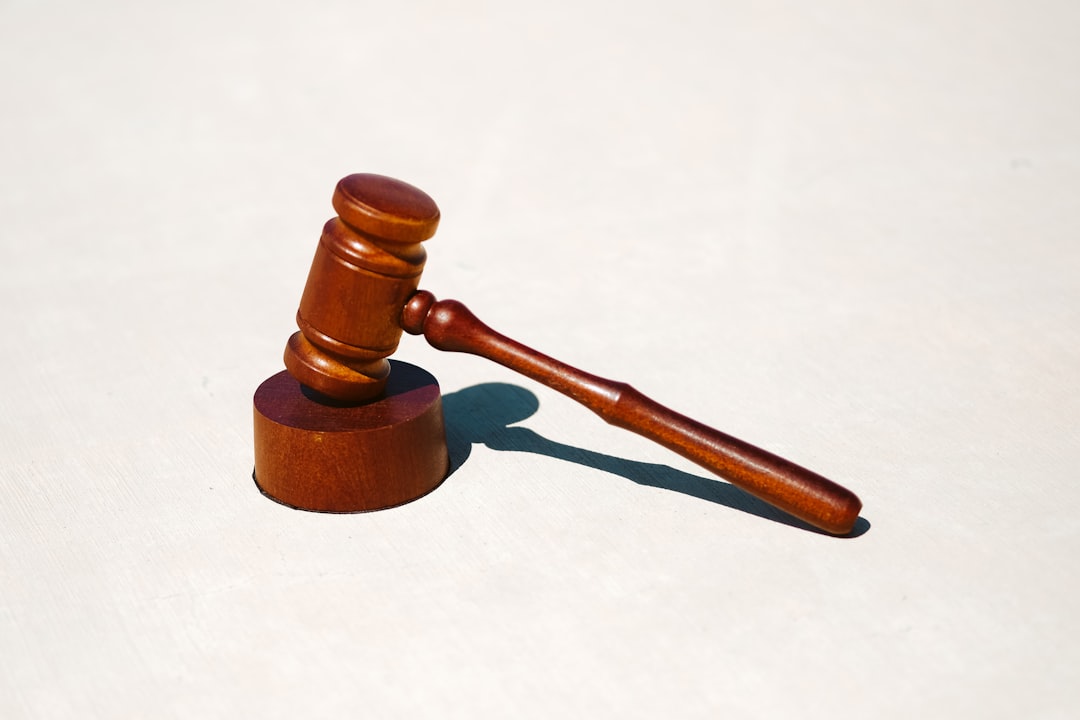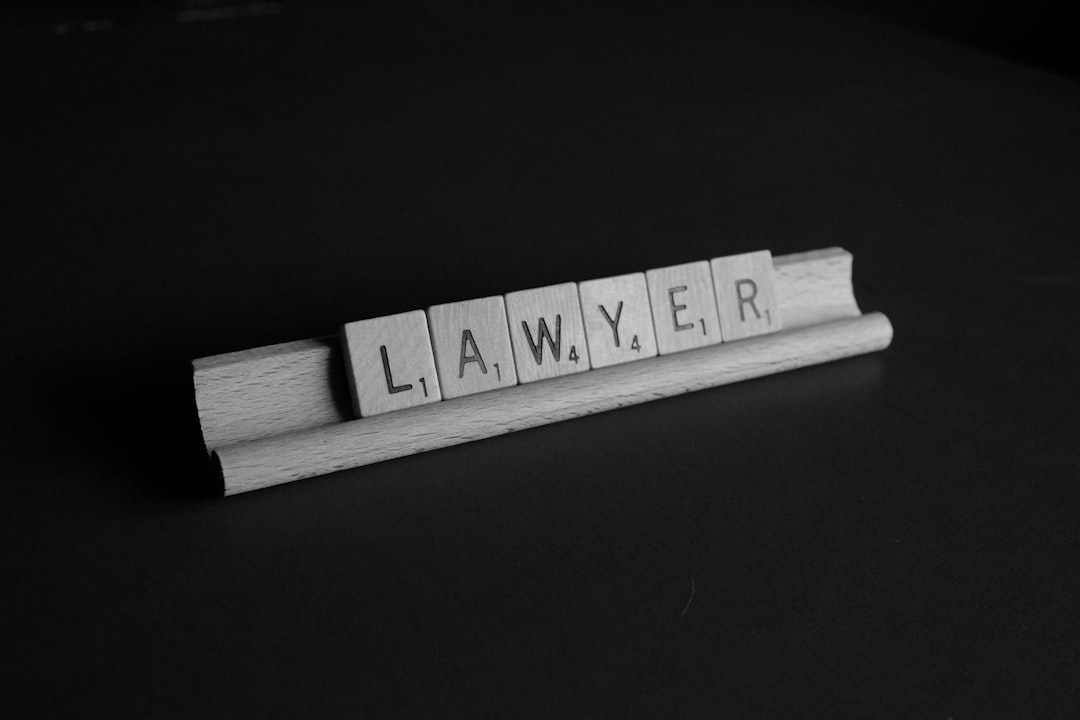Title IX, enacted in 1972, ensures campus safety by prohibiting sex-based discrimination and mandating fair responses to sexual assault reports in Connecticut, including Bridgeport. Rape lawyers Connecticut play a vital role, guiding victims through legal processes, safeguarding rights, and ensuring educational institutions comply with Title IX regulations.
In Bridgeport, as across the nation, Title IX plays a pivotal role in addressing college sexual assault cases. This landmark legislation has empowered students to speak out against harassment and assault, fostering safer campus environments. This article delves into the intricate web of Title IX’s protections, exploring how its legal framework collaborates with rape lawyers in Connecticut to support survivors and secure justice. Understanding these dynamics is crucial for navigating the complex landscape of college sexual misconduct cases.
Understanding Title IX: Protecting Students in Bridgeport

Title IX, a groundbreaking piece of legislation, has been instrumental in protecting students from sexual assault on college campuses across the nation, including Bridgeport, Connecticut. This federal law, enacted in 1972, prohibits sex-based discrimination in educational institutions and has significantly contributed to fostering safer environments for learning. In the context of sexual assault cases, Title IX ensures that colleges and universities have a clear responsibility to respond promptly and fairly when a student reports an incident.
The law empowers survivors by providing them with resources and support, including access to counseling services, academic accommodations, and even legal assistance from rape lawyers Connecticut, if needed. Bridgeport’s educational institutions are required to establish and maintain robust policies and procedures for handling reports of sexual misconduct, ensuring that all students are treated with dignity and respect throughout the process. Understanding and adhering to Title IX guidelines is vital in creating a culture where every student feels safe and supported in pursuing justice.
The Legal Framework for College Sexual Assault Cases

In Connecticut, including Bridgeport, the legal framework for college sexual assault cases is primarily guided by Title IX of the Education Amendments Act of 1972. This federal legislation prohibits sexual harassment and discrimination in educational institutions, encompassing various forms of misconduct, including rape and other sexual assaults. When a student experiences sexual violence on campus, they have rights under Title IX, which ensures that schools have a duty to respond promptly and equitably.
Rape lawyers Connecticut play a pivotal role in navigating these complex cases. They guide victims through the legal process, ensuring their rights are protected and that institutions comply with Title IX regulations. These attorneys help students understand their options, such as reporting the incident to campus authorities, seeking medical attention, and potentially pursuing legal action against the perpetrator and/or the educational institution for its failure to prevent or adequately respond to the assault.
Roles of Rape Lawyers in Connecticut: Supporting Survivors

Rape lawyers in Connecticut play a pivotal role in supporting survivors of sexual assault, particularly in complex cases involving colleges and universities. These legal professionals are experts in navigating the intricate laws surrounding sexual violence and have a deep understanding of the unique challenges faced by victims. When a student experiences sexual assault on campus, a dedicated rape lawyer can provide vital assistance.
They offer emotional support and guidance to help survivors navigate the legal system, ensuring their rights are protected. Rape lawyers in Connecticut also possess extensive knowledge of Title IX, a federal law that prohibits sexual harassment and discrimination in educational institutions. This expertise enables them to advocate for survivors’ interests, ensuring appropriate disciplinary action is taken against perpetrators and providing resources for recovery and healing.






